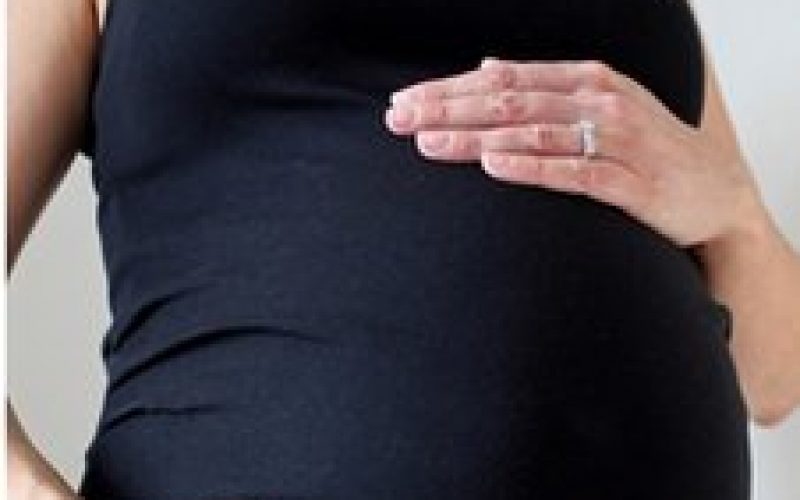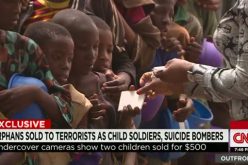The Democratic Republic of Congo is the world’s toughest place to raise children, Save the Children reports.
Finland was named the best place to be a mother, with Sweden and Norway following in second and third places.
The charity compared factors such as maternal health, child mortality, education and income in 176 countries.
In India, over 300,000 babies die within 24 hours of being born, accounting for 29% of all newborn deaths worldwide, the report says.
The 10 bottom-ranked countries were all from sub-Saharan Africa, with one woman in 30 dying from pregnancy-related causes on average and one child in seven dying before his or her fifth birthday.
In DR Congo, war and poverty have left mothers malnourished and unsupported at the most vulnerable time of their lives.
The next worst countries listed were Somalia, Sierra Leone, Mali, Niger, Central African Republic, The Gambia, Nigeria, Chad and Ivory Coast.
The charity says that lack of nutrition is key to high mother and infant mortality rates in sub-Saharan Africa, with 10-20% of mothers underweight.
In contrast, the results show that Finland is the best place to be a mother, with the risk of death through pregnancy one in 12,200 and Finnish children getting almost 17 years of formal education.
Sweden, Norway, Iceland and The Netherlands were also in the top 10, with the US trailing at 30.
Surprisingly, the report found that the US has the highest death rate in newborns in the industrialised world, with 11,300 babies dying on the day they are born each year.
The charity says this is due in part to the US’s large population, as well as the high number of babies born too early. The US has one of the highest preterm birth rates in the world at a rate of one in eight.
The report also found that mothers and babies die in greater numbers in South Asia than in any other region with an estimated 423,000 babies dying on the day they are born each year.
India also has more maternal deaths than in any other country with 56,000 per year.
“In India… economic growth has been impressive but the benefits have been shared unequally,” the report says.











